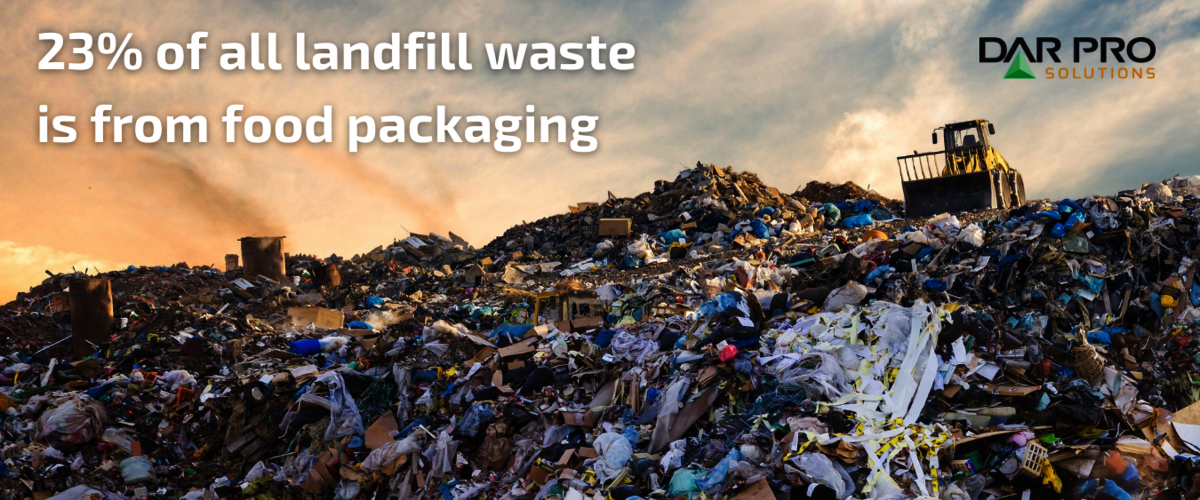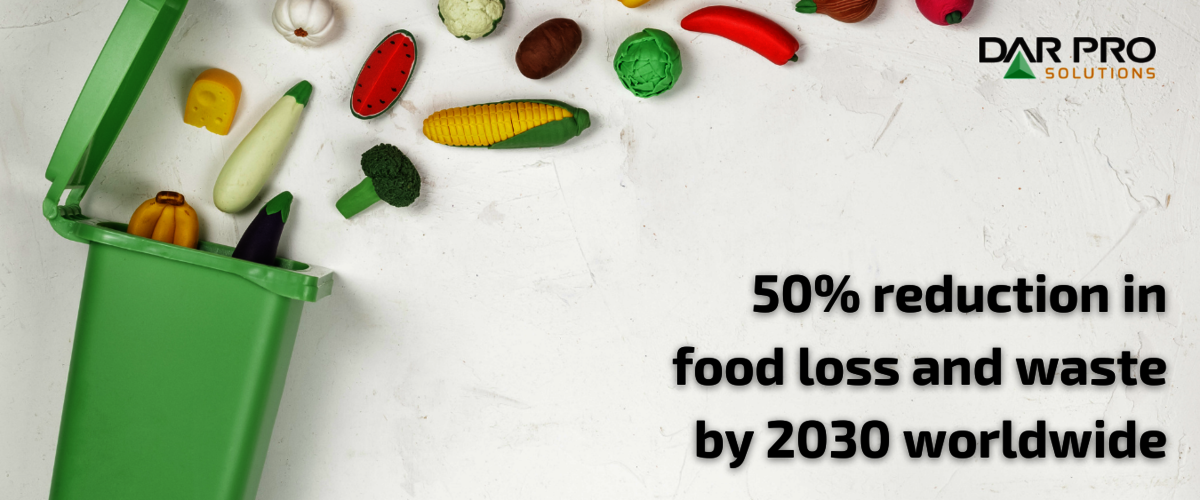The sustainable shopping movement
When you shop at your local grocery store, you’re likely more concerned with convenience, selection variety and being able to get the food you need in a convenient manner. What you probably don’t think about are the plastic bags your groceries are placed in at the checkout counter, or the slightly different bags used for produce, or the induvial wrappers and packaging on every time you buy. All of that eventually turns into trash, and it eventually finds its way into landfills or into our oceans. It all quickly adds up, which paved the way for the sustainable shopping movement that has gained significant momentum over the last 15 years and eventually led to the creation of these zero waste stores.
What is a zero Waste Grocery Store?
The first zero-waste grocery store popped up in Europe in the late 2000s. The idea behind it was to replace plastic packaging with reusable items. The concept quickly spread and has made its way over to the United States.
The goal of zero waste grocery stores
The goal is simple: to eliminate all packaging and food waste from the stores’ operations. The businesses do not use plastic bags to round up customers’ groceries, but instead require customers to bring their own reusable bags into the store and collect the items they need. Of course, not everyone that enters the store is prepared for this, so most leave out bags made of paper or other reusable material for the customer to use if needed.
These stores, more often than not, feature a warehouse or market-style layout in which most items are not wrapped in individual packaging and are bought in bulk. This eliminates a substantial amount of excess plastic waste.

Food waste is also another angle from which these zero waste stores aim to reduce waste. They generally avoid selling a large number of items with quick expiration dates, and when food does indeed expire before it is bought, it has a predetermined destination like a food bank, rendering service or composting site. Rendering services collect inedible meat byproducts and repurpose them into ingredients for biofuel and other household products.
These stores are also conscious of where they order their products and aim to source locally if possible. Shopping locally and utilizing reusable packaging are two core parts of the process for a zero-waste store or any retailer that is aiming to get closer toward that coveted mark of producing no waste.
The concept has grown in the United States. As of 2020, there are just over 30 full-fledged zero waste stores scattered across the United States with another couple dozen online options. This more sustainable concept has become more popular in the U.S. over the last half decade.
The impact zero waste stores have made
Zero waste grocery stores and the larger sustainable shopping movement have made a difference both in practice and in concept. The difference the stores make with regard to eliminating waste from their operations is plainly visible. But beyond that, this movement has sparked action from larger retail grocery chains that operate more traditionally. Supermarkets account for 10 percent of all U.S. food waste, which totals out to 43 billion pounds annually. On top of that, food packaging comprises 23 percent of all landfill waste. Now, thanks to a joint initiative founded in 2019, the titans of the industry are vowing to improve.

In what’s called the “10x20x30 Initiative,” a coalition that includes the 10 largest food retailers are engaging their suppliers to reduce food-related waste over the next decade. This group includes Walmart, Kroger and Ikea Food. The goal is for 10 of these industry-leading companies to engage with at least 20 suppliers to cut their food waste in half by 2030. This is beneficial to all parties, including the retailers and consumers. Roughly one-third of food is lost or wasted across the world each year. This equates to $940 billion worth of lost food annually and is responsible for 8% of global greenhouse gas emissions, according to the World Resources Institute.

The fact that major food retailers have taken the initiative to operate more sustainably is evidence that the zero waste grocery stores and the sustainable shopping movement are making a difference when it comes to striving for a cleaner and healthier planet. As this sustainable shopping movement becomes even more prevalent, zero-waste stores will continue to become more mainstream across the country. If you need help locating a zero-waste store near you, check out this link. You can help support this collective effort toward sustainability by supporting a local zero-waste store near you.
DAR PRO Solutions provides waste management solutions for supermarkets and food retail stores across the country. Our full-service partnership includes containment, collection and recycling of used cooking oil and organic inedible meat waste, as well as providing grease trap pumping and cleaning. Reach out to a DAR PRO representative today and find out how your business can benefit from our grease recycling and grease trap maintenance program. Call us 24/7/365 at 855-DAR-PRO1 (855-327-7761).
Contact Sales
For customer service inquiries call our toll free number (855) 327-7761
By submitting this form I agree to the privacy policy including the usage of contact details to contact me for marketing purposes.
9/10/2021
